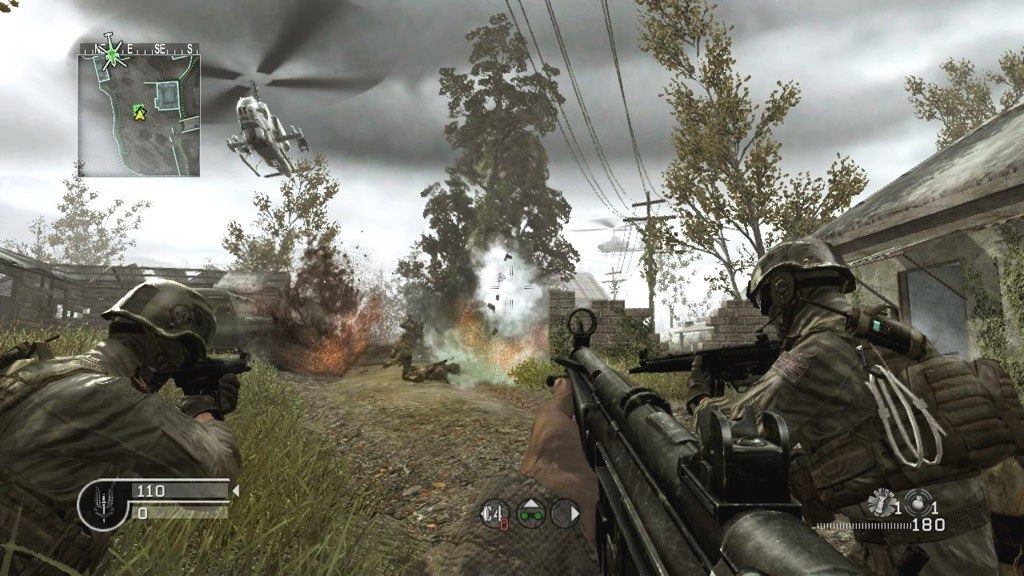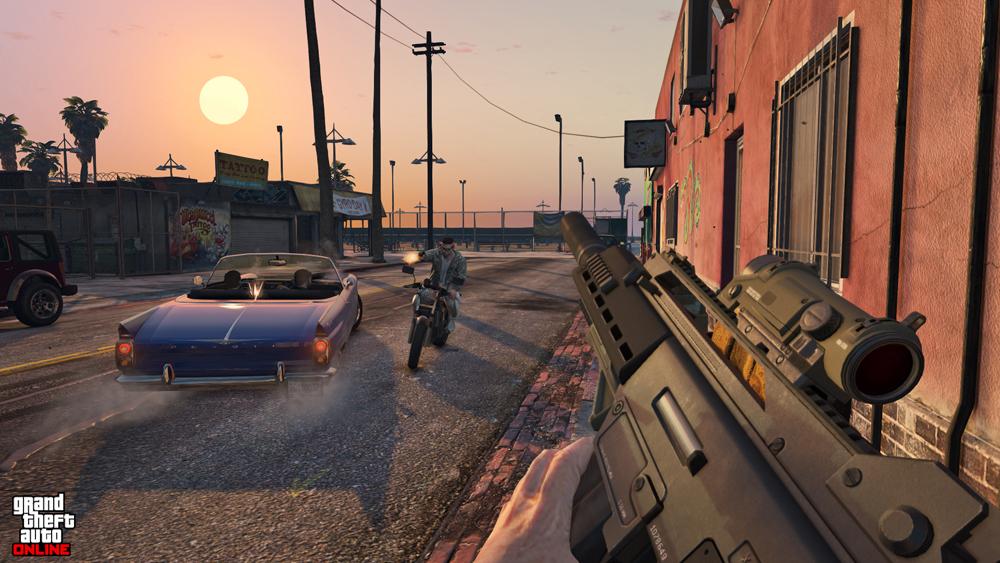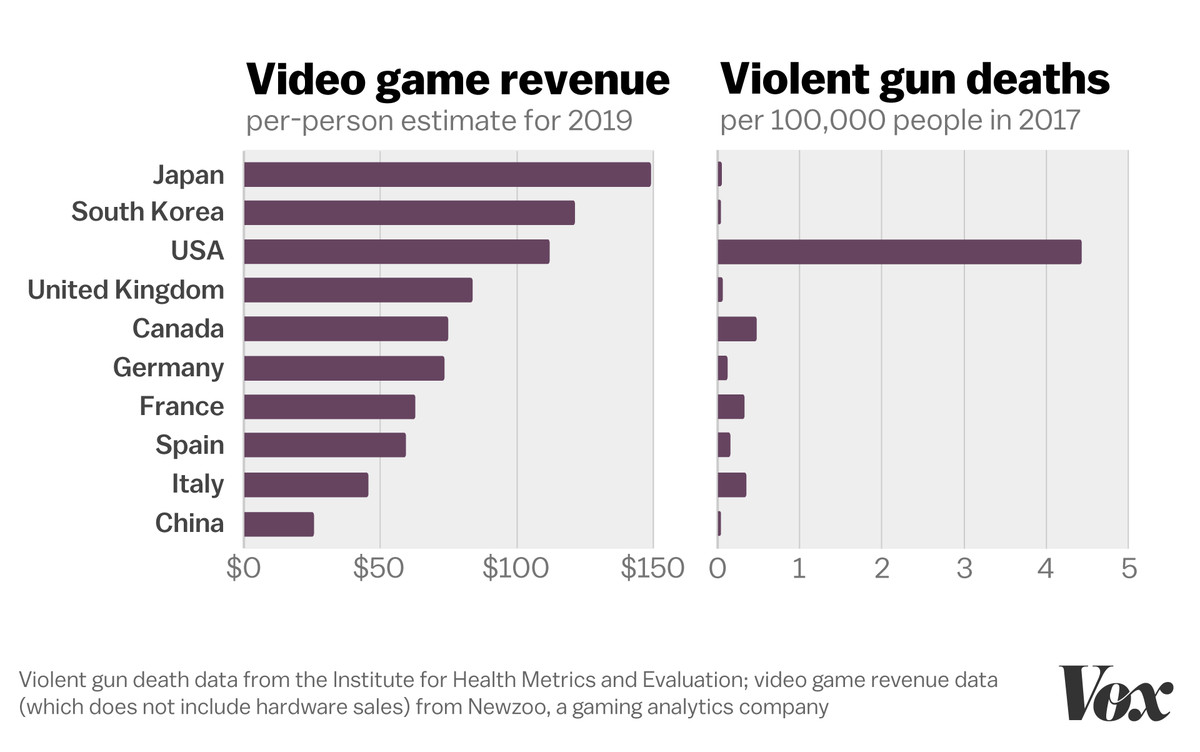TechInAfrica – As the development of technology grows bigger day by day, so does the implementation of it in entertainment. Virtual reality, CGI movies, and even music has taken a huge adoption towards the impending tech changes. One of the most popular manifestations of technology is video games—starting in October 1958 with the infamous Pong to be the first. From there, the video gaming industry went nothing but uphill, especially war-themed video games like Call of Duty and Battlefield flood the market due to its engaging gameplay and gripping plotline.
The question is: are video games such as those really impact the violence of our modern society?
Following the latest mass shootings, not only the USA—but the whole wide world in general, including Africa—seemed to regard violent video games as a significant contributing factor towards the tragic notion. Shooter and fighting games in particular, are subject to blame; courtesy of concerned parents and politicians.
Why? Mostly because children and teenagers increasingly look for outside role models (from peers to celebrities, and perhaps game characters) and seek to imitate them. With video games’ availability in our modern society, parents may not be aware of what the contents of their children’s games are.

I’m not gonna lie, when I started playing Call of Duty 4 for the first time, I often had imagined myself as Soap—and I don’t judge if you do, too.
Despite this, a research conducted in 2006 proved that video games have little to no effect towards the youths’ violence tendencies. Sure, they may or may not position themselves as the main character (who often does all the shooting) of such games, but this notion often falls short of public criminal behavior and/or violent acts towards others.
If so, this brings us to a bigger question: if video games are proven to have little effect on public brutality, then why are we still blaming it?
We—the society in general, that is—need to prove that the security provided is not always tangible to protect us and all our grandchildren. We need to prove that there’s always something we can do to improve the means of security; or rather, something to blame.
Something to make us feel better. A scapegoat. An uncomplicated, straightforward object that subtly correlates itself to the issue
Journalists, politicians, and parents couldn’t blame the staggering economy that potentially drives the rise in crime rate. They couldn’t blame the upsetting healthcare services that lowers the life expectancy of the impoverished. They couldn’t blame the distressing government policies that put the underprivileged in a disadvantage.
Because it’s all too complicated. Demanding. Too intricate to elaborate.
So, the attention was averted towards pop-culture where violence is often signified—yep, you guessed it—by video games.

No wonder our kids are so violent nowadays is what they would probably say whenever they see hyper-realistic action-shooter games. It’s actually a modest farce, really, how the majority of the public always brings up video games whenever violence is ensued.
In truth, children and youths alike play video games for fun.
Did we make that clear enough for you? Children play video games for fun.
Children, as naïve as they are to the world, are not as clueless when it comes to differentiating real life actions and personal amusement. They would know that video games are just one of many forms of entertainment. Doesn’t take a full-grown adult genius to acknowledge video games don’t actually encourage players to mimic what’s portrayed.
Let’s put it this way. When you (or me) play as Sledge in Rainbow Six: Siege, does it make you wanna break the nearest concrete wall? When you see Joe Ferro in The Division, does it make you wanna burn the nearest person you can find?
No, it does not. Why? Because it’s just a video game.
Okay, fine—if you disagree with us, that’s fine. But what makes this issue so important is that numerous significant contributing factors are also often overlooked.
First is the issue of previous traumatic experiences held by the offenders. More often than not, youths are hesitant to reach out to psychiatrists and mental health experts—afraid to be labeled as unstable or even insane; so, the most feasible solution at that time comes to mind: to prove they’re not to be taken down without a fight. To prove they can also retaliate.
Second, is weaponry access. Crime embodies itself not because there’s an intention, but because there’s an opportunity. Stricter weapon regulations would mean a substantial decrease in the potential opportunity to conduct a crime—except when an offender is exceptionally good at using their very fists, which is most unlikely.
Aside from those two mentioned above, other personal factors could potentially drive criminals to actually commit violence—such as mental breakdowns from their job loss or being affected socially by other criminals.

We’re not gonna talk about these psychological problems—because obviously we’re not running a mental health platform. But we have made it clear that video games, despite the latest public backlash, have little to no impact on actual violent behaviors in real life. Like violent movies, violent novels, or violent comics, violent video games are just a form of entertainment. Designed to implement technology to entertain; not to encourage people to simulate vicious actions against each other.
What do you think? Are you still convinced that video games are the main reason of a violent modern society? Or is it the poverty and lack of healthcare that drives violence? Let your opinions be heard in the comments section below!



